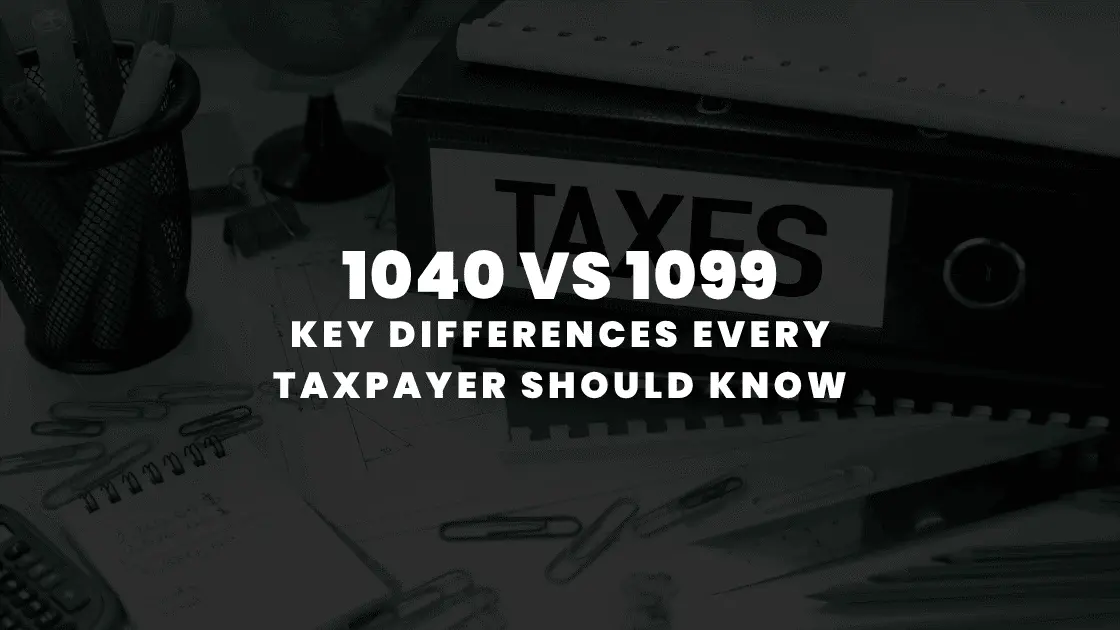October 29 2025 | By Farwah Jafri | 6 minutes Read

Choosing the Right Business Structure for Tax Efficiency
Understanding Startup Taxation and Key Federal Obligations
The Startup Taxes Every Founder Should Know Of
Deductible Expenses and Tax Credits for Startups
Common Deductible Startup Expenses Include:
Key Tax Credits to Consider:
Common Startup Taxation Mistakes Founders Make
Building a Tax Savvy Startup Future
Starting a business is quite thrilling, until tax season arrives. For founders, understanding the nitty gritty of startup taxation can make a difference between financial efficiency and costly penalties. And unlike established entities, startups face unique tax challenges related to their early growth stages, funding sources, and evolving business models.
The truth is many new entrepreneurs underestimate how deeply taxes affect their cash flow, valuation, and long-term sustainability. From knowing which structure reduces tax burdens to benefiting from credits for R&D, a well-informed startup tax strategy can shape a startup’s financial future.
This guide looks at everything founders need to know about taxes. From formation to scaling, let’s talk about each stage so you can make informed decisions and stay tax compliant while profiting off your startup.
Source:fastercapital.com
Your startup’s tax obligations begin with one basic choice, business structure. The structure you choose impacts how profits are taxes, how losses are carried, and what deductions you can claim.
Selecting the right structure is about balancing tax efficiency with growth goals. And consulting a tax professional early on can prevent costly restructuring later.
When it comes to startup taxation, compliance begins at the federal level. Founders must stay aware of the following tax guidelines:
It’s essential to register for an Employer Identification Number (EIN) with the IRS and maintain separate financial records. Proper bookkeeping ensures accurate filings and simplified financial reporting for investors as well.
Beyond federal taxes, state and local taxes for startups vary widely. Founders often overlook these, only to face penalties or audits later. Common startup taxes include:
Multi-state operations add complexity, especially when remote employees or online sales create nexus obligations. Founders should track where their business activities generate tax liabilities and use digital tools to stay compliant across jurisdictions.
Understanding what qualifies as a deductible expense can significantly reduce your tax bill. Founders often leave money on the table by missing out on these legitimate deductions and credits.
Documenting every expense meticulously ensures you can justify your expenses while claiming tax deductions and not even a penny extra is left on the table during tax season.
Even the most well-intentioned founders can fall into traps that raise alarms with the IRS or increase tax bills. Common startup tax mistakes include:
Implementing sound accounting practices and using digital bookkeeping tools reduces these risks. Regular consultation with financial professionals also ensures compliance as your startup continues to grow.
Startup taxes don’t have to be a founder’s worst nightmare. Instead, understanding the basics of startup taxation empowers entrepreneurs to make smarter financial decisions, avoid penalties, and build long-term value of their venture.
Every stage from ideation to international expansion of a startup comes with unique tax considerations. With proactive planning, accurate bookkeeping, and strategic advice of a tax professional, founders can keep their startups financially health and IRS-compliant.
If you are looking to simplify your startup taxes and improve your financial management, partnering with experienced professionals at Monily can make a huge different. We at Monily specialize in supporting startups with expert accounting, tax planning, and financial reporting solutions all over the US and internationally.
To learn more about our startup taxation services or discuss your specific financial management needs, reach out to us. Book a consultation with our team today and let us assist you with your startup tax, accounting, and bookkeeping needs.
Subscribe for business tips, tax updates, financial fundamentals and more.
MORE BLOGS

Running a small business means every dollar matters. You work hard to earn revenue, manage expenses, and grow steadily, yet tax time often feels like money […]
Learn More →
Starting a business is exciting, right? There’s innovation, there’s growth potential, and the thrill of building something from scratch. But amid all the planning, entrepreneurs often […]
Learn More →
Tax season can be overwhelming, especially when you’re staring at multiple forms with numbers instead of names. Two of the most common, and often misunderstood, are […]
Learn More →